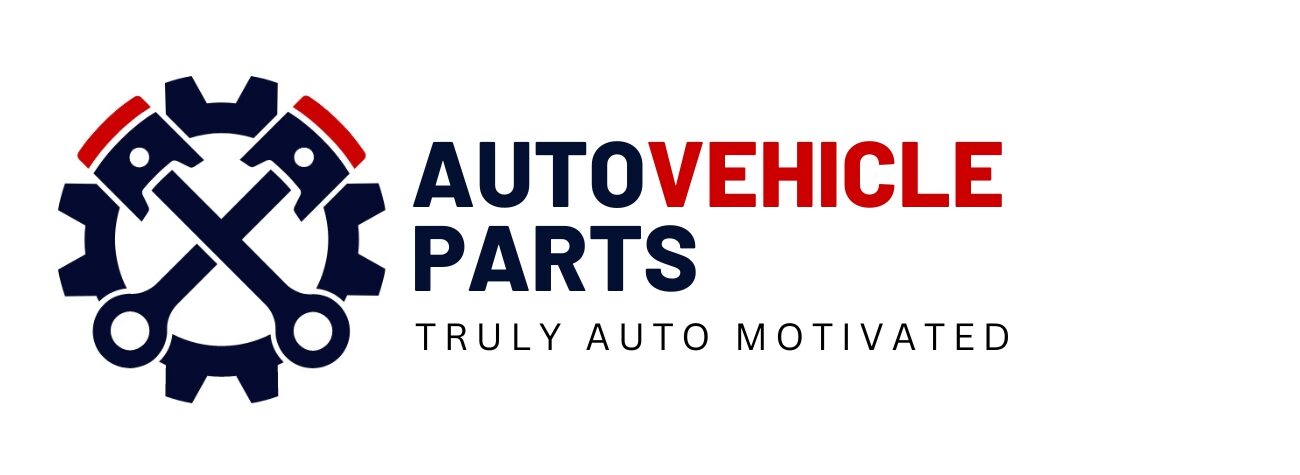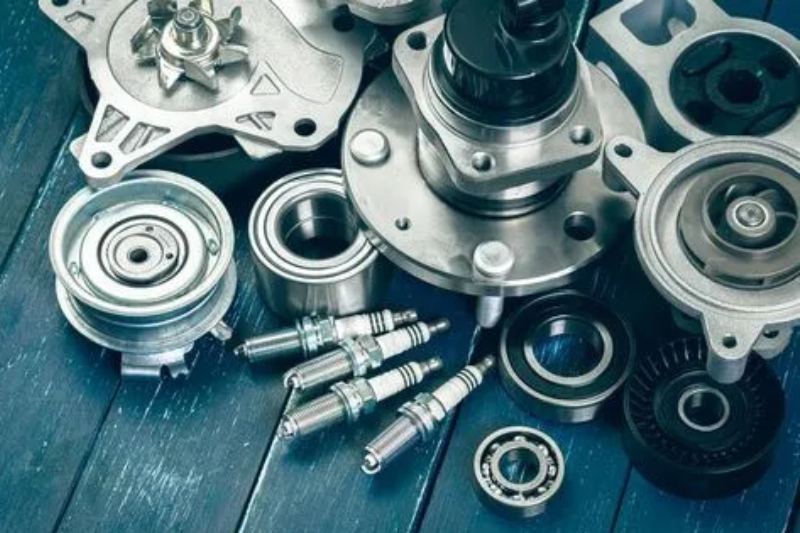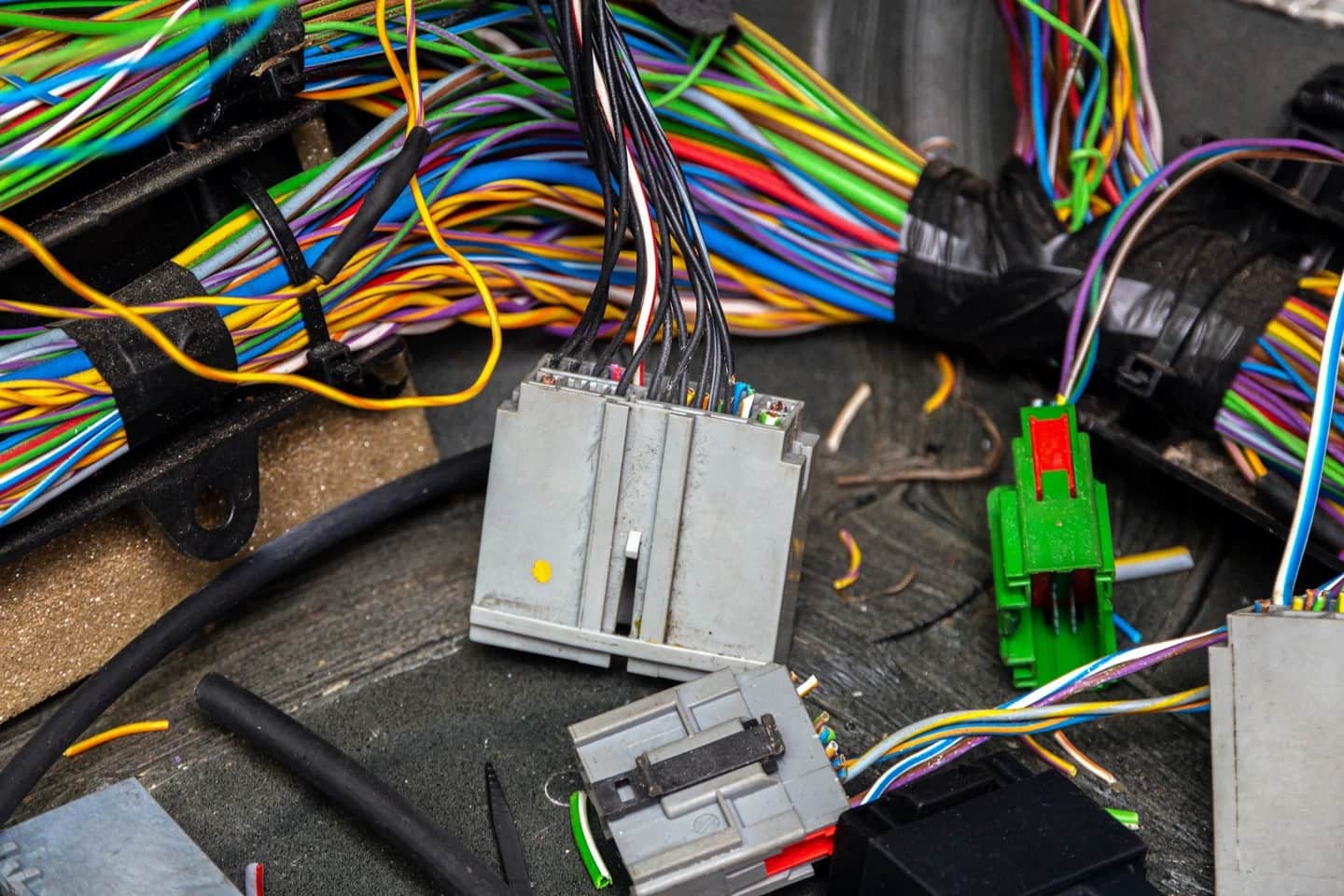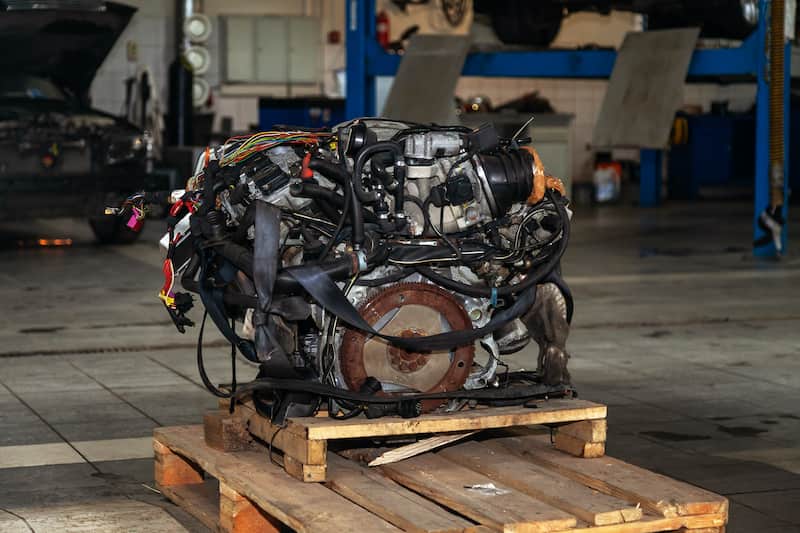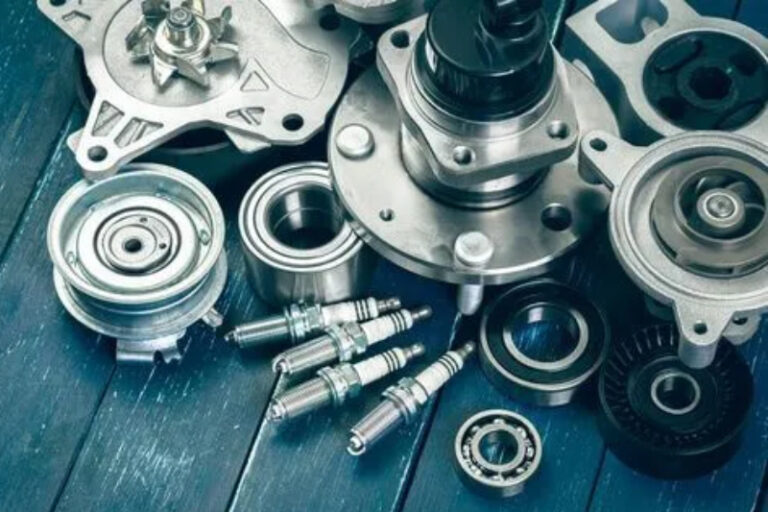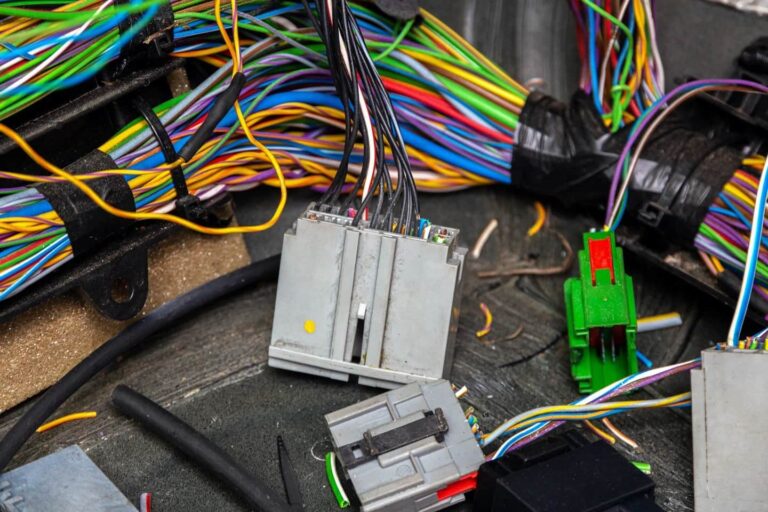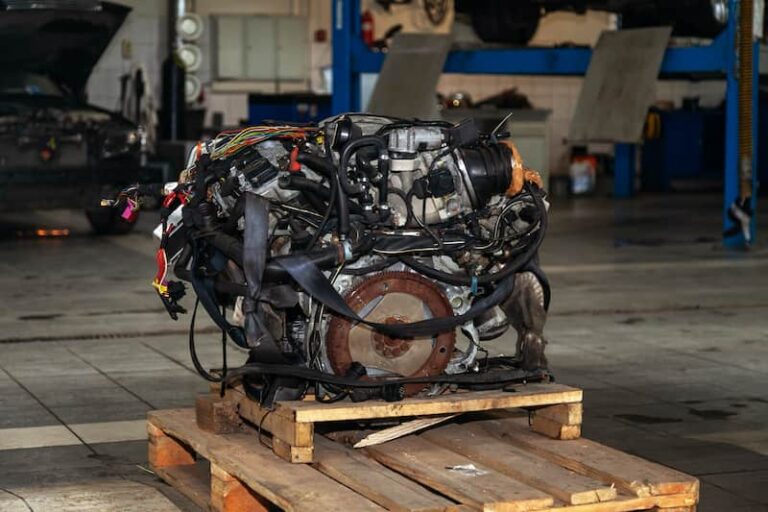Your car’s transmission is one of its most vital components. It’s responsible for transferring power from the engine to the wheels, ensuring smooth acceleration and efficient performance. Without a properly functioning transmission, even the most powerful engine won’t get your car moving efficiently.
Whether you’re looking to replace a faulty transmission, upgrade your current system, or simply learn more about the market, understanding how to find reliable car transmissions for sale can save you both time and money.
This guide breaks down everything you need to know – from types and compatibility to warranties, sources, and installation – to help you make a confident and informed purchase.
1. Understanding Transmission Types
Before buying a transmission, it’s essential to know what type your car needs and what suits your driving style. The two main categories are manual and automatic transmissions, each with its own advantages.
Manual transmissions are favored by enthusiasts who enjoy being in control. They offer better fuel efficiency and can last longer when maintained properly. Manual gearboxes also tend to be less expensive to repair or replace.
On the other hand, automatic transmissions are more convenient, especially for city driving. They handle gear shifts seamlessly, offering a smoother ride. Newer automatic systems, such as CVTs (Continuously Variable Transmissions) or dual-clutch transmissions, provide improved fuel efficiency and performance.
When searching for used or new car transmissions for sale, always check your vehicle’s specifications to ensure you get the correct type. Installing the wrong transmission type can cause major performance issues or even severe damage.
2. Check for Compatibility
Compatibility is one of the most critical factors when buying a transmission. Each car model – even within the same brand – may have different transmission designs and mounting systems.
Before making a purchase, verify the make, model, year, and engine specifications of your vehicle. This information ensures that the transmission you choose integrates smoothly with your existing components.
Most reputable auto parts websites and suppliers offer compatibility tools where you can input your vehicle details to match the correct transmission. If in doubt, consult a mechanic or the vehicle manufacturer’s documentation.
Installing a non-compatible transmission can result in poor performance, costly repairs, or complete failure – so it’s worth double-checking before you buy.
3. Condition and Warranty: New vs. Refurbished vs. Used
When searching for car transmissions for sale, you’ll typically find three main categories:
⦿ New transmissions:
These are original, unused parts from manufacturers or authorized distributors. They offer the longest lifespan and often come with comprehensive warranties but can be expensive.
⦿ Refurbished (or remanufactured) transmissions:
These are previously used transmissions that have been carefully inspected, repaired, and restored to near-new condition. They offer a balance between quality and cost, often including a warranty.
⦿ Used transmissions:
These come from salvaged vehicles but may still be in excellent working condition. While they’re the most affordable, always buy from a trusted seller who offers performance guarantees or limited warranties.
Checking for a warranty is crucial, especially for used or refurbished transmissions. A reliable warranty provides peace of mind and ensures protection in case of defects or malfunctions.
4. Source Reliability: Buy from Trusted Sellers
Not all sellers are created equal. When shopping for car transmissions online or offline, the credibility of your supplier makes all the difference.
Look for established auto parts retailers, certified dealerships, or reputable online platforms known for selling quality parts. Read customer reviews, check ratings, and verify the seller’s return or exchange policies.
A trustworthy supplier, like Auto Vehicle Parts, ensures every used transmission is tested and inspected for durability and performance before sale. They also provide customer support to help you choose the right fit for your vehicle.
Avoid sellers who cannot provide product history, condition reports, or warranty information. A slightly higher price from a reliable source is far better than risking a cheap part that fails prematurely.
5. Installation Matters: Get It Done Right
Even the best transmission won’t perform well if it’s not installed correctly. Improper installation can lead to leaks, shifting issues, or even total transmission failure.
Some suppliers offer professional installation services or can connect you with trusted workshops that specialize in transmission replacement. This is highly recommended if you’re not experienced in automotive repair.
If you prefer to handle installation yourself, make sure you have access to the right tools, torque specifications, and manufacturer instructions. Always double-check fluid levels and alignment after installation to prevent damage. Proper installation ensures your new or used transmission performs efficiently and extends its lifespan significantly.
6. Compare Prices – But Don’t Compromise on Quality
Price comparison is an important step in your buying process, but it should never come at the expense of quality.
Browse multiple platforms, dealerships, and online stores to compare costs. Keep in mind that the cheapest option might not be the best. Low prices can sometimes indicate excessive wear or lack of testing.
A well-maintained used or remanufactured transmission that comes with a warranty and clear documentation is always a better investment than a questionable bargain. Also, remember to factor in shipping and installation costs when determining your overall budget. A slightly higher upfront cost for a reliable part can save you hundreds in future repairs.
7. Consult an Automotive Expert
If you’re unsure which transmission fits your vehicle or how to assess its condition, don’t hesitate to consult a mechanic or automotive expert.
A professional can help you:
- Verify compatibility.
- Inspect used transmissions before installation.
- Identify potential issues that might affect long-term performance.
- Recommend trustworthy sources for purchasing parts.
Spending a little extra for expert advice upfront can prevent costly mistakes down the road.
8. Maintaining Your New or Used Transmission
Once your transmission is installed, proper maintenance is key to ensuring longevity. Here are a few essential tips:
- Check transmission fluid regularly: Dirty or low fluid can cause serious damage.
- Avoid aggressive driving: Sudden gear shifts and hard acceleration put unnecessary stress on the transmission.
- Schedule periodic inspections: Have your mechanic check for leaks or wear every few months.
- Use the correct fluid: Always follow your manufacturer’s recommendations for fluid type.
Consistent care and regular servicing can keep your transmission performing smoothly for years.
Conclusion
Buying a car transmission for sale doesn’t have to be complicated – but it does require attention to detail. From verifying compatibility and checking warranties to sourcing from trusted sellers and ensuring proper installation, every step counts toward securing a reliable replacement.
Whether you choose a brand-new, refurbished, or used transmission, make sure it aligns with your vehicle’s needs and performance expectations. A well-chosen transmission can breathe new life into your car, improve fuel efficiency, and enhance driving comfort.
At Auto Vehicle Parts, we’re committed to helping you find high-quality car transmissions for sale that fit your vehicle perfectly. Our wide range of inspected and tested transmissions ensures you get dependable performance without overspending. Make the smart move today – explore your options and get your car back on the road smoothly and efficiently!
FAQs
If your car experiences slipping gears, strange noises, or fluid leaks, you may need a replacement. A mechanic can confirm whether a repair or full replacement is best.
Yes, when sourced from reputable sellers. Many used transmissions are in great condition and come with warranties or testing guarantees for peace of mind.
Refurbished transmissions are repaired with minimal replacements, while remanufactured ones are rebuilt entirely to meet manufacturer standards.
It’s possible if you have mechanical experience, but professional installation is strongly recommended to avoid potential damage or misalignment.
A well-maintained used transmission can last 50,000 to 100,000 miles or more, depending on its condition and how you maintain your vehicle.
